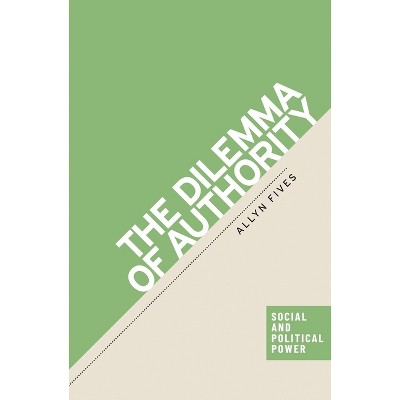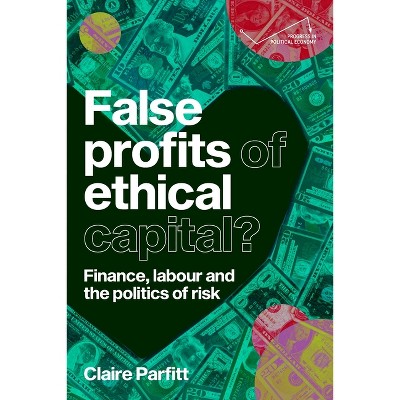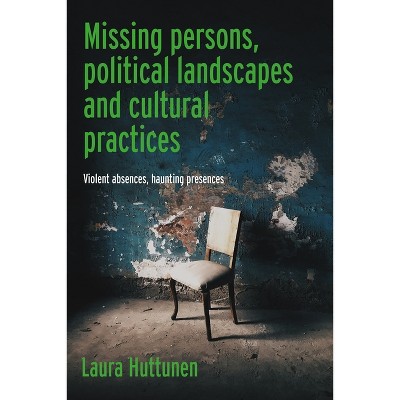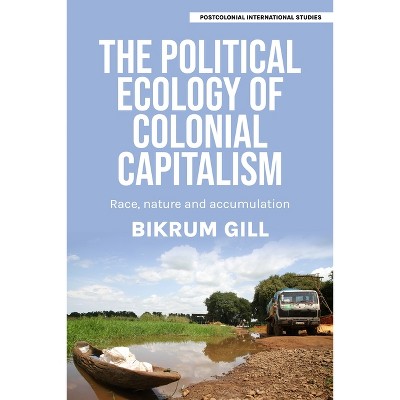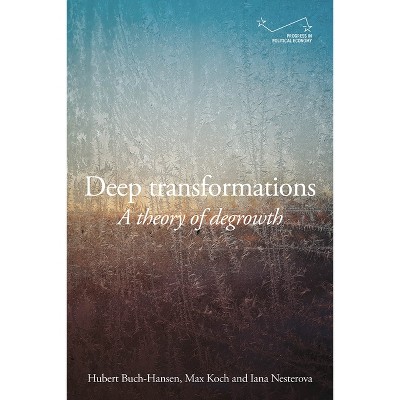Sponsored

Criminality, Political Power and Conflict - (Social and Political Power) by José Antonio Gutiérrez Danton & Francisco Gutiérrez Sanín (Hardcover)
Pre-order
Sponsored
About this item
Highlights
- This volume brings together contributions from various scholars working on the intersections between political power, criminality and conflict in three continents.
- About the Author: José A. Gutiérrez is lecturer at the Centre for Applied Human Rights (CAHR) at the University of York.
- 376 Pages
- Social Science, Violence in Society
- Series Name: Social and Political Power
Description
About the Book
This volume brings together contributions from various scholars working on the intersections between political power, criminality and conflict in three continents.
Book Synopsis
This volume brings together contributions from various scholars working on the intersections between political power, criminality and conflict in three continents. Through qualitative methods and rich empirical data, the volume contributes to the understanding of politicisation and criminalisation as processes that are largely co-constitutive and, at the same time, grounded historically.From the Back Cover
For the last three decades, the focus of civil war studies has shifted decisively to understanding 'predatory' behaviours and rent-seeking as the raison d'etre of contemporary conflict. This approach has been robustly criticised over the past fifteen years; however, in the process, there are unsuitable concepts to handle the complex overlaps and interactions between civil war, political power and criminality. This volume offers a fresh look at this topic, understanding politics and criminality as two historically differentiated but interrelated domains of human activity.
Criminality, political power and conflict explores the interactions, connections and convergences of politics and criminality in conflict settings. Over the last few decades, entire communities have been criminalised due to their associations with different criminalised economic activities. This scale of illegalisation has opened a whole set of opportunities, resources and modalities of politicisation for armed actors, and in this process, the State is a central actor. This book does not focus solely on irregular actors but brings back the State and legal actors into this debate. The chapters visit and re-visit case studies in Colombia, Brazil, Ireland, Serbia, Perú, Venezuela and Burma, together with theoretical debates on the topic. Through qualitative methods and rich empirical data, the volume contributes to the understanding of politicisation and criminalisation as processes that are largely co-constitutive and, at the same time, grounded historically. As conflict again becomes a 'hot topic' because of globally and domestically changing environments, the book will appeal those with an interest in intractable conflicts where many actors intervene.About the Author
José A. Gutiérrez is lecturer at the Centre for Applied Human Rights (CAHR) at the University of York.
Francisco Gutiérrez-Sanín is lecturer at the Institute for Political Sudies and International Relations (IEPRI) at the Universidad Nacional de Colombia in Bogotá.Shipping details
Return details
Trending Non-Fiction






